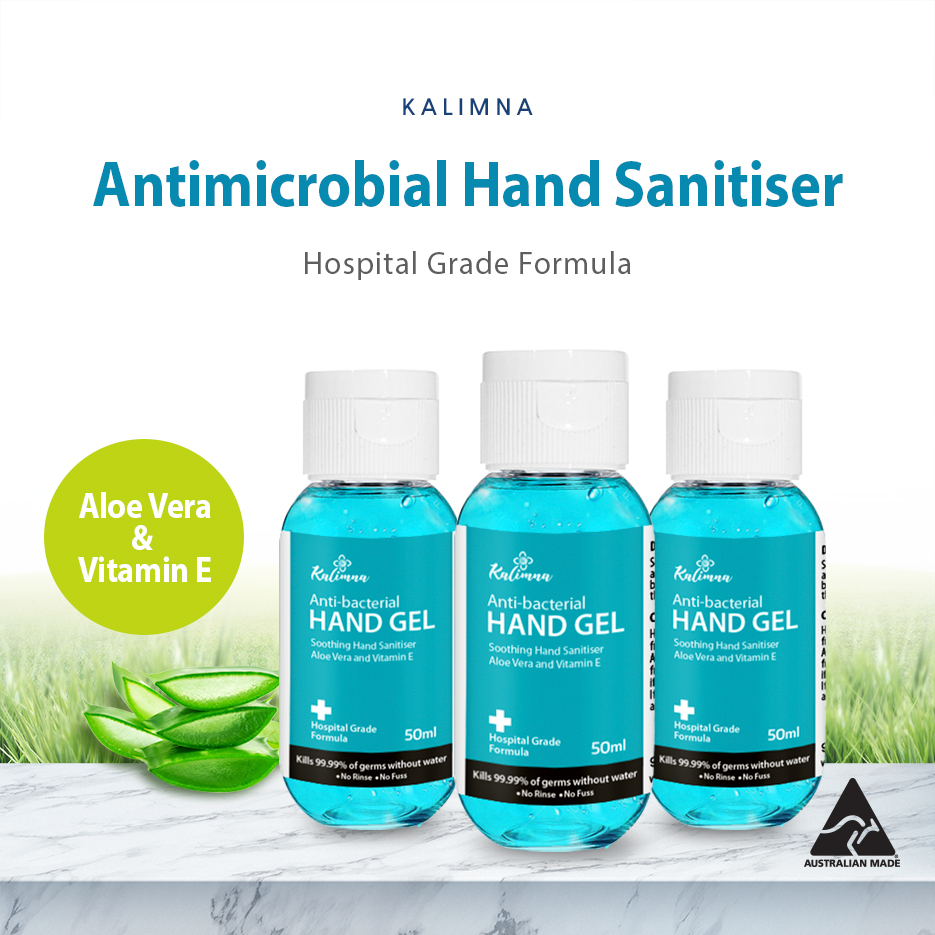Does Hand Sanitiser Work?
How effective is hand sanitiser in preventing disease?
With the coronavirus (COVID-19) outbreak, it’s not surprising that many people are taking extra steps to stay safe, including stocking up on sanitizing sprays, gels and soaps. But are hand sanitizers the best defense against bacteria and viruses like coronavirus and influenza?

They’re useful in the hospital, to help prevent the transfer of viruses and bacteria from one patient to another by hospital personnel.
The portable hand sanitisers do have a role during peak respiratory virus season, because they make it much easier to clean your hands.
It’s much more difficult when you sneeze to wash your hands than it is to use a hand sanitiser, especially when you are outdoors or in a car. The hand sanitisers are much more convenient, so they make it more likely that people will clean their hands, and that’s better than not cleaning at all.
According to the Centers for Diseae Control (CDC), however, for hand sanitiser to be effective it must be used correctly. That means using the proper amount (read the label to see how much you should use), and rubbing it all over the surfaces of both hands until your hands are dry. Do not wipe your hands or wash them after applying.
Are all hand sanitisers created equal?
It’s important to make sure any hand sanitiser you do use contains at least 60 percent alcohol.
Studies have found that sanitisers with lower concentrations or non-alcohol-based hand sanitisers are not as effective at killing germs as those with 60 to 95 percent alcohol.
In particular, non-alcohol-based sanitisers may not work equally well on different types of germs and could cause some germs to develop resistance to the sanitiser.
Resource from https://www.rush.edu/health-wellness/discover-health/does-hand-sanitizer-work
